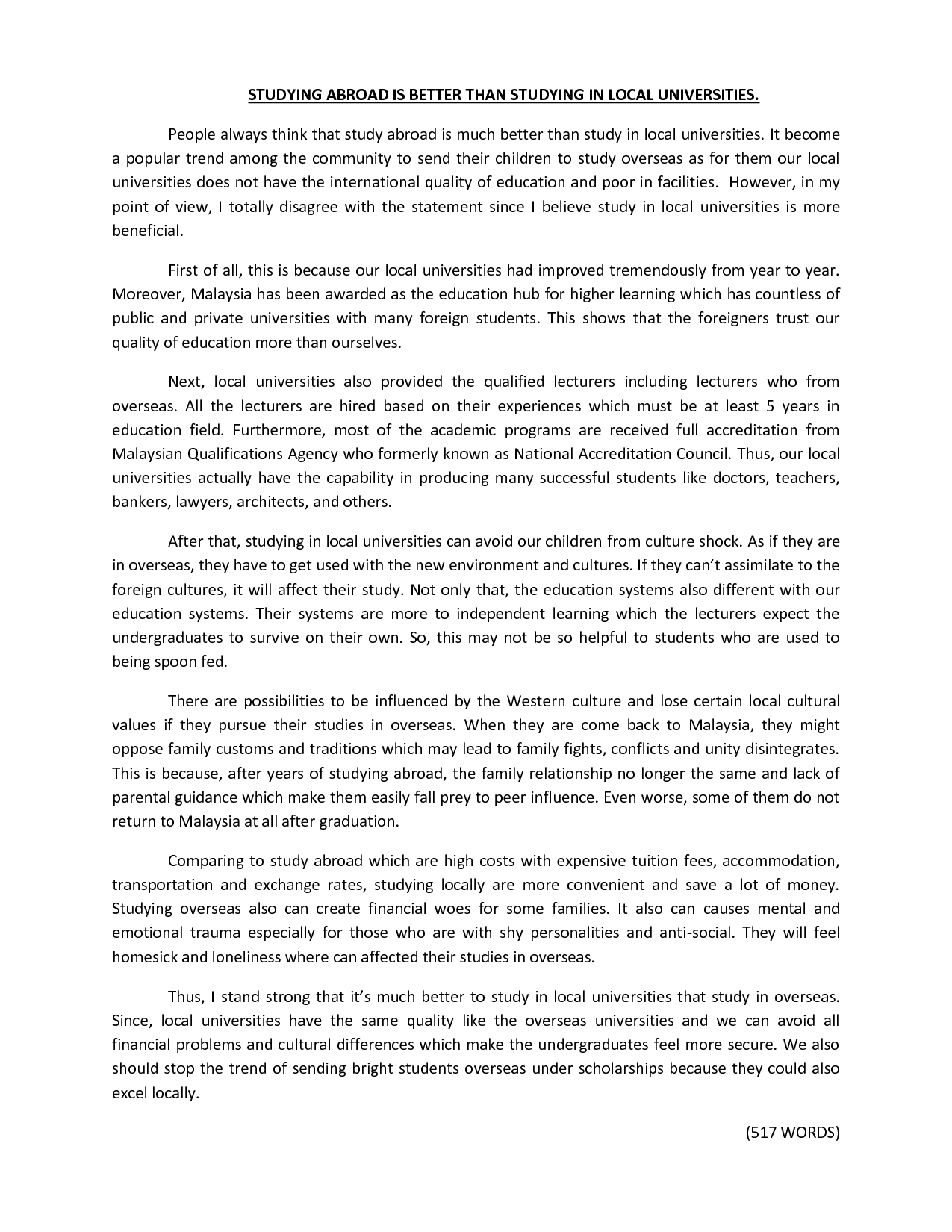Case Vignette - F14 Dependent Personality Disorder.
Dependent personality disorder is characterized by a pervasive, excessive need to be taken care of, leading to submissiveness and clinging behaviors. Diagnosis is by clinical criteria. Treatment is with psychotherapy and possibly antidepressants. (See also Overview of Personality Disorders.).
In order to be diagnosed with Dependent Personality Disorder, an individual has to meet 5 of the following 8 diagnosis: 1. Difficulty making everyday decisions without an excessive amount of advice. 2. Needs others to assume responsibility for most major life areas. 3. Difficulty expressing.

Dependent Personality Disorder Case Psychological Aspect of Susan Smith: Dependent Personality Disorder On October 25, 1994, Susan Smith drowned her two sons, Michael and Alex, in the John D. Long Lake in Union County, South Carolina. She was diagnosed as having dependent personality disorder. He described her as a person.

The Frontal Cortex Connection: TBI and Drug Abuse The long-term effects of traumatic brain injury are at long last being acknowledged and researched in our society, partly due to the media’s attention to the severity and consequences of this injury to football players in the NFL.

Dependent personality disorder (DPD) is a mental health disorder that affects a person’s ability to relate to other people and situations in a healthy manner. It particularly affects relationships due to a tendency for over-reliance on others. This dependency on other people can be linked with a lack of self-confidence in their own abilities.

If those main criteria cannot be met, a personality disorder cannot be diagnosed (technically). If many of the other criteria are present, the therapist should understand that the personality style has drifted toward undesirable and maladaptive.

In this regard, borderline and avoidant personality disorders have the most extensive empirical support, including numerous randomized controlled trials (RCTs). In contrast, evidence for CBT for other PDs is limited to a small number of open-label trials and case studies.

Dependent Personality Disorder occurs more frequently in women, and is co-morbid with Borderline, Schizoid, Histrionic, Schizotypal, and Avoidant Personality disorders. There is also co-morbidity within the Axis I disorders of Bipolar Disorder, unipolar depression (or major depressive episode), anxiety disorders, and Bulimia Nervosa.

Persons having dependent personality disorders are difficult to treat effectively. This case study describes the 15-month course of treatment of a 44-year-old widower with chronic symptoms of.

Case Study 1. theory, Mrs. N. was able to provide a relatively intact and coherent, if grandiose, description of herself, whereas her descriptions of others were quite impoverished. In. terms of narcissistic personality disorder (NPD), she clearly displayed a pervasive pat-.

Cluster C personality disorder in the DSM-IV. Cluster C personality disorder is described as anxious or fearful. Females are more likely than males to have a Cluster C personality disorder (Joseph Rey, 1996). Childhood illness or separation anxiety disorder of childhood may be a premorbid condition to DPD.

Case Vignettes. The use of case studies runs throughout this guide. None of the vignettes represent actual cases although they are drawn from a mix of highly representative case material. The following case studies should serve to illustrate two very different manifestations of personality disorder.

Codependence, Counterdependence and Dependent Personality Disorder. The Inverted Narcissist. Case Studies. The Narcissist. The Psychopath. The Paranoid. The Borderline. The Schizoid. The Histrionic. The Avoidant. The Schizotypal. The Obsessive-Compulsive. Negativistic (Passive-Aggressive) The Masochist. The Sadist. Source: Free Articles from.



